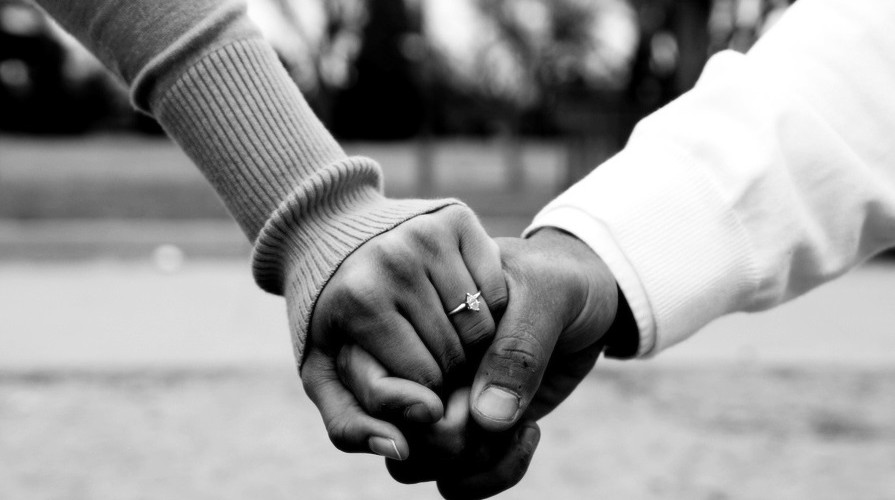It was barely dawn when Hadassah Anthony (not real name) was woken by her mother for a talk. She had returned home with a degree but without a man.
At 23, when Anthony graduated from Benue State University, Makurid, she was the first female graduate in her lineage. Her fantasy of being celebrated and enjoying a peaceful stay at home before looking for a job was short-lived by the ceaseless barter of her unmarried state.
“They had told me to avoid boys in the university- that they were a distraction. I was told to focus on my studies, I did just that, only to be questioned why I came home without a man. How was the magic going to happen?”
When asked if that was the first time she was getting talked to about marriage, Hadassah explained that her mother got married at the age of 18, and being the first daughter of her parents, it was often rung into her ears by her relatives.
Her parents’ zeal to see their children surpass their educational level paved the way for her to acquire a tertiary education.
Now 27, the pressure on Hadassah has gotten worse.
“Often, my mother would insinuate regret. How she thinks people were right by warning her not to send me to the university. In her words, they said ‘I will have high standards for a man’. Well, maybe I do. But my priority is to acquire some skills and further my education,” she said.
Hadassah said the pressure isn’t from family members alone. Friends and residents of where she lives often throw questions like “When are we going to meet the man? When are we wearing aso-ebi to your wedding?”
She recounts a hurtful experience when an elderly woman touched her breasts and said that she was fully mature and ready to have children.
Hadassah’s experience is a glimpse into the lives of African women who are being pressured to get married.
Why the pressure?
It is believed that the biological clock of a woman is different from a man. A woman is said to age quickly and experiencefertility declinein their mid-30s. A woman, by society’s standards, should be married and have her children before menopause.
“My mother would tell me that the beauty of a woman is like a flower. It withers in time. That I shouldn’t think that I would stay in my father’s house forever…” Hadassah told Prime Progress
Beyond age and the biological clock of women, the traditional perspective that women are caretakers, responsible for managing households, and bearing children, influences this pressure. This gender role fosters a belief that marriage is an essential part of a woman’s existence.
In some countries in Africa, Marriage is seen as a marker of success and maturity that contributes to a woman’s social validation and identity. The idea that a woman is “complete” only when married leads to excessive demand to conform to this societal expectation, disregarding her personal ambitions and aspirations.
The Media (movies, advertisements, television shows, and social media platforms) often paint an image of marriage as a fairy-tale ending. These narratives can fortify the notion that marriage is the ultimate goal for women, encouraging society to prioritize romantic relationships over women’s life pursuits.
But marriage isn’t all there is to being a woman
As much as marriage can be beautiful for those who desire it, every woman deserves the opportunity to choose her own path.
Most times, the idea of marriage is sold to women as something that can cure all their problems-that is barely true-A survey of married women in America showed that 20% of them are unhappy; the number could be worse in the continent.
For many women, their goals encompass a diverse range of ambitions. This may include pursuing education/ careers and engaging in creative endeavours that could proffer solutions to the problems in society, and for some women, marriage might just be a stumbling block to that.
And there are many unmarried women who, from where we stand, are living an impactful and fulfilling life. Oprah Winfrey, for example, continues to break barriers in her field and should be celebrated for that.
Celebrating these achievements emphasizes the importance of recognizing women’s potential beyond their marital status, demonstrating that they are capable of influencing and shaping the world.
The concept of womanhood is too intricate and profound to be confined to marriage alone. Society must evolve beyond the limiting narrative that equates a woman’s value solely with her marital status.
Embracing the full spectrum of a woman’s identity involves recognizing her personal aspirations, educational and professional achievements, economic independence, leadership roles, and many more.
By celebrating these diverse aspects of womanhood, we move towards a more inclusive society where every woman is empowered to define herself on her own terms, free from the constraints of outdated stereotypes.






